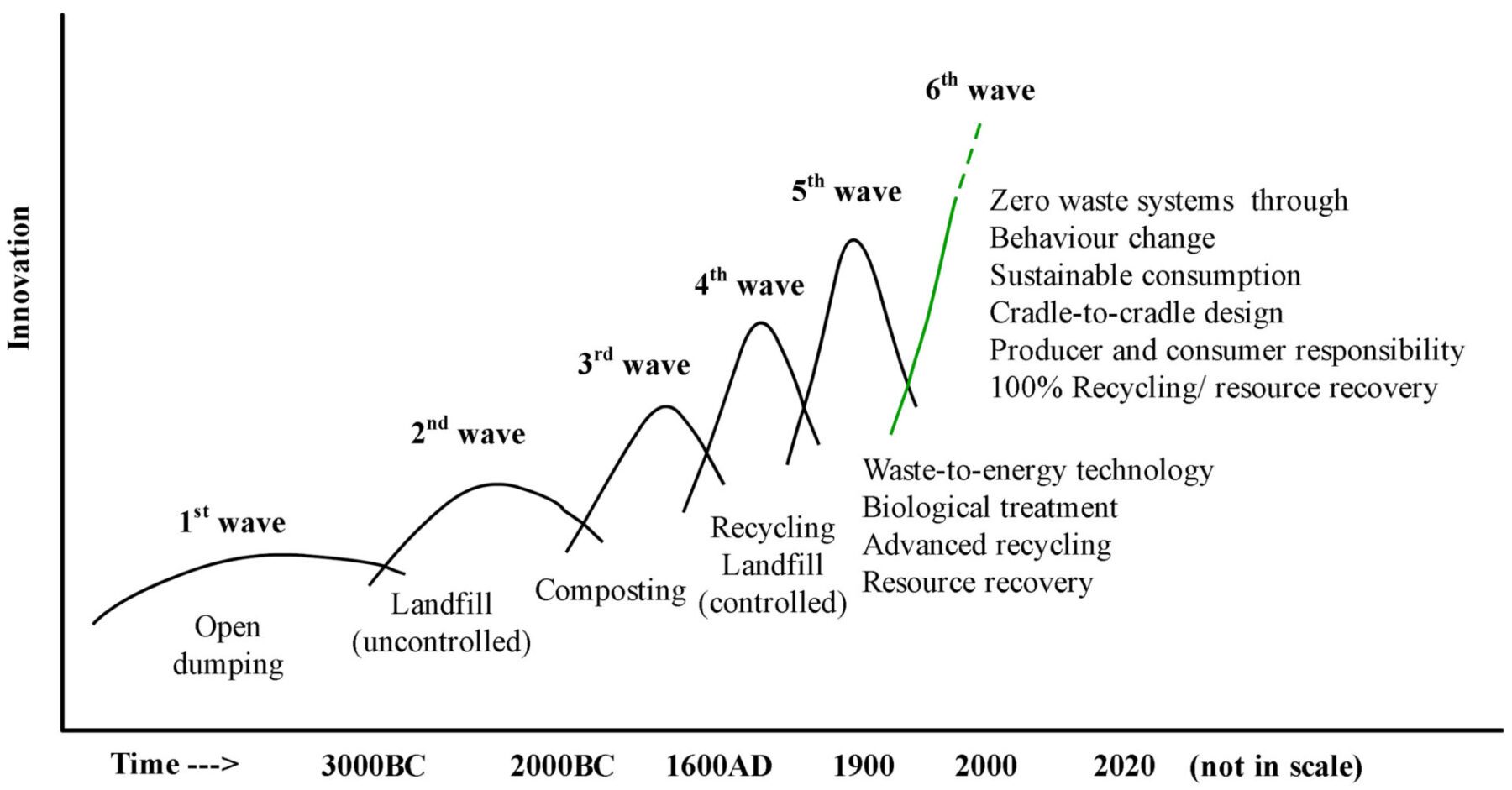
Already having a far-reaching impact on GHG emissions in some regions of Europe
Cities can progress from consuming energy and emitting greenhouse gases (GHG) to actually producing energy while saving on GHG emissions, due to substitution of fossil fuels elsewhere. These findings are based on research in the city of Aalborg in Northern Denmark, published this week in Waste Management & Research, published by SAGE.
Cities following similar waste management strategies are already having a far-reaching impact on GHG emissions in some regions of Europe.
Given the global interest in GHG emissions it is perhaps surprising that to date few scientists have produced studies that measure the impact of waste treatment system changes over the longer term. Tjalfe Poulsen and Jens Aage Hansen from Aalborg University in Denmark used historical data from their own municipality of Aalborg to gain a broader, longer term overview of how a ‘joined-up’ approach to waste impacts GHG emissions. The assessment included sewage sludge, food waste, yard waste and other organic waste (including paper and plastic).
Aalborg’s citizens have already implemented a package of measures to take on waste that benefits the environment. In 1970 Aalborg’s municipal organic waste management system resulted in net GHG emissions with methane from landfill accounting for almost 100%. But between 1970 and 2005, the city changed its waste treatment strategy to include yard waste composting, with the city’s remaining organic waste incinerated for combined heat and power production. Of this, waste incineration contributed 80% to net energy production and GHG turnover, wastewater treatment (including sludge digestion) contributed another 10%, while other waste treatment processes used (composting, transport, and land application of treated waste) had minor impacts.
“Generally incineration with or without energy production and biogas production with energy extraction are the two most important processes for the overall energy balance mainly due to the substitution of fossil fuel-based energy,” says Poulsen.







